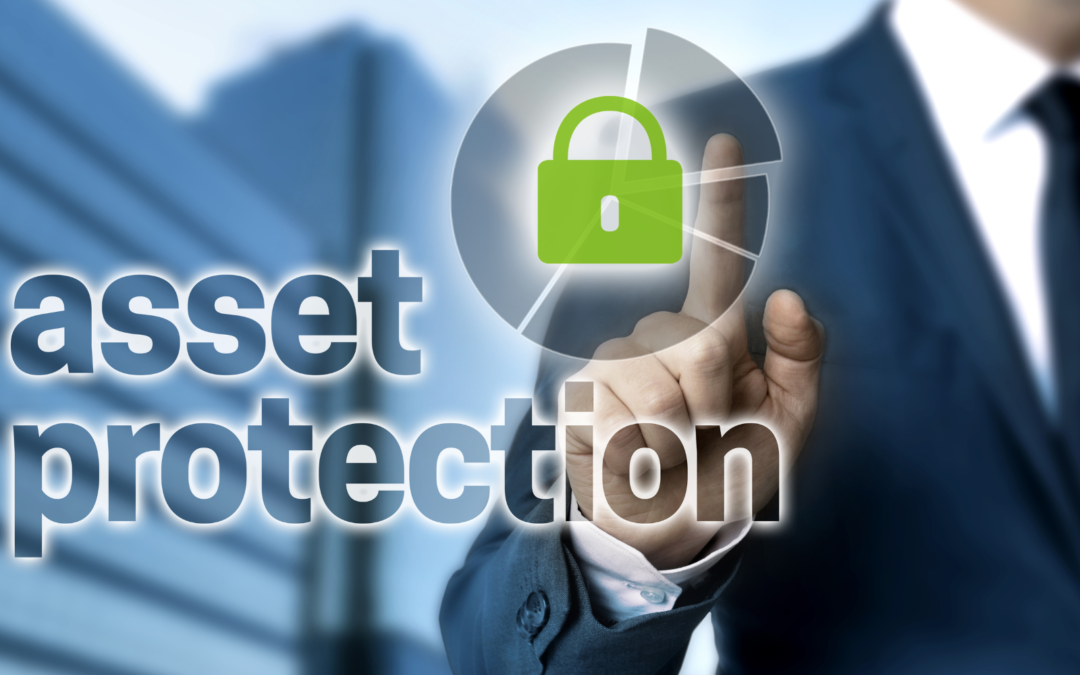
Estate planning is not just about passing on your assets. It’s also about safeguarding them from potential creditors. Unforeseen liabilities can pose a threat to your financial stability and the well-being of your loved ones. To address these concerns, we’ll explore the various sources of creditors and effective strategies available to shield your assets, ensuring that your hard-earned wealth remains protected for your heirs.
Who can be potential creditors?
Potential creditors can arise from various sources, including financial obligations and legal claims. Some of these sources are as follows:
- Negligence claims: Accidents and legal claims can lead to financial burdens.
- Motor vehicle claims: Claims exceeding insurance limits can become a liability.
- Income tax assessment: Unpaid taxes or income tax assessments can result in creditors.
- Business/partnership creditors: Sole proprietors and general partners are vulnerable to business or partnership-related debts.
- Corporate lending: Personal guarantees from shareholders may be required for corporate loans.
- Family members/dependents: If adequate support wasn’t provided, family members could potentially sue an estate.
Are you concerned about safeguarding your assets from potential creditors?
Asset protection is a critical aspect of estate planning. Unforeseen liabilities can pose a threat to your financial stability and your loved ones’ well-being. To help you protect your assets, we’ve compiled a list of asset protection strategies. Explore these strategies to secure your financial future:
- Incorporating a business: When a business is incorporated, the shareholder is no longer accountable for personal debt and other obligations However, when a business lacks the necessary assets to obtain a loan, and the shareholders offer a personal guarantee, they can be held personally responsible for the company`s financial commitment. While this doesn’t offer complete protection for personal assets, it adds an additional layer of safeguarding.
- Registered plans: The federal government provides protection to certain registered plans in the event of bankruptcy, such as RDSPs, RRSPs, RRIFs, and DPSPs. However, contributions made within 12 months of declaring bankruptcy are not protected.
- Registered plans on death (RRSPs and RRIFs): The proceeds of RRSP or RRIF accounts are generally exempt from creditors if there is a named beneficiary.
- RESP: Except in Alberta, RESPs may not have creditor protection.
- TFSA & non-registered accounts: Unless structured under an insurance company with a preferred beneficiary, these accounts may not be protected from creditors.
- Segregated funds: These investment funds, available through insurance companies, can offer creditor protection if the beneficiary is a spouse, child, grandchild, parent, or irrevocable.
- Life insurance – on death: A life insurance policy with a named beneficiary is usually protected from creditors under provincial law.
- Life insurance – during lifetime: If a close family member (spouse, child, grandchild, or parent) is named as a beneficiary, the policy and its cash value can be exempt from creditors.
- Asset protection trusts: For individuals with high net worth, offshore asset protection trusts can provide extensive protection for beneficiaries. Careful drafting of the trust’s terms is essential to ensure robust creditor protection.
Securing your assets from potential creditors is a vital aspect of estate planning. Whether it’s through registered plans, insurance, or asset protection trusts, various strategies can be employed to safeguard your wealth for the benefit of your loved ones.
To explore the best strategies for your specific situation and receive expert guidance on estate planning, contact Mehan Private Wealth at (587) 718-8001. Our financial expert Munish Mehan is always there to help.
Important : This material has been prepared for informational purposes only, and is not intended to provide, and should not be relied on for, tax, legal or accounting advice. You should consult your own tax, legal and accounting advisors before engaging in any transaction.

